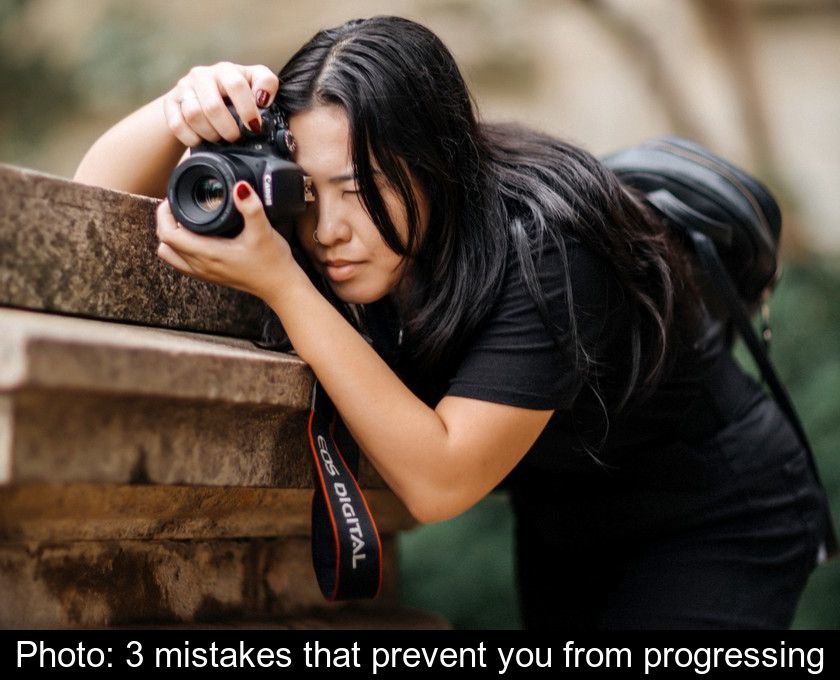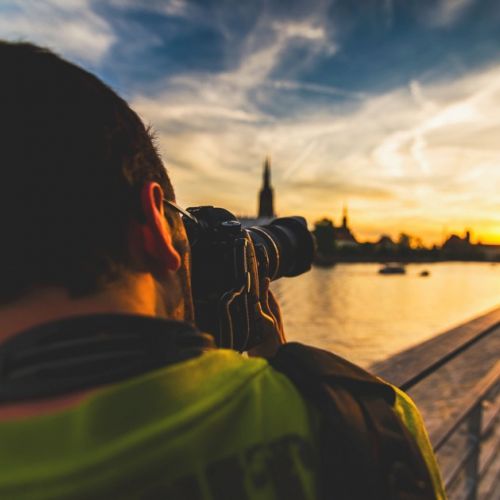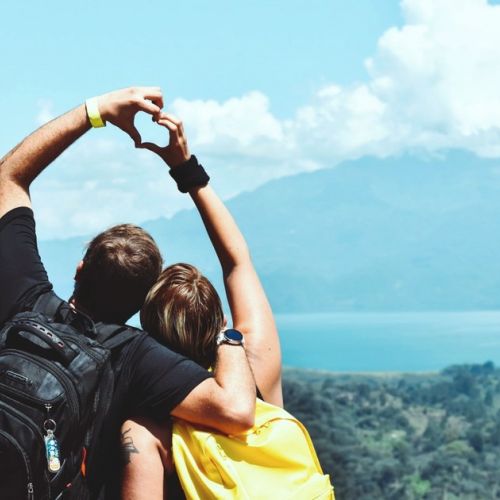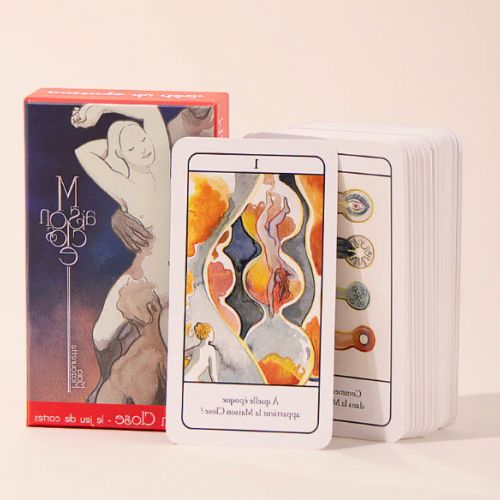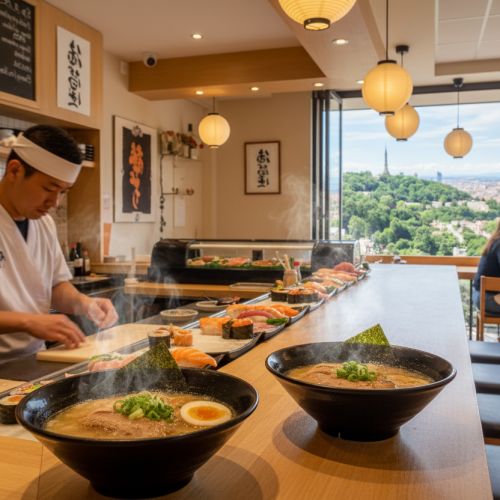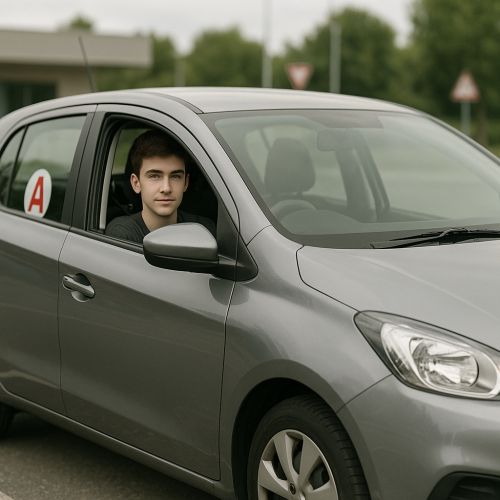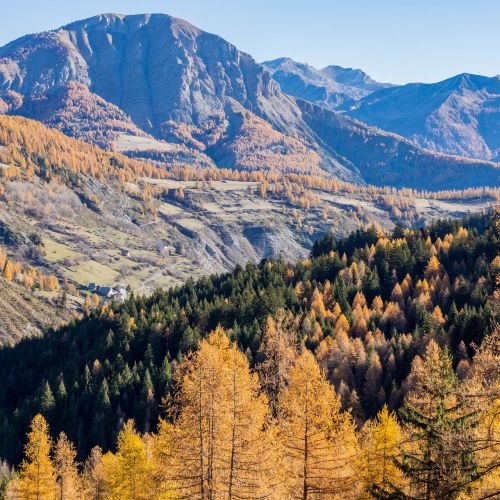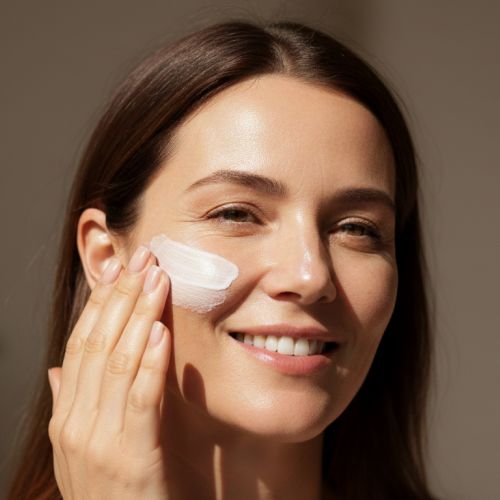Photo: 3 Mistakes That Prevent You From Progressing
When you are interested in photography as a self-taught person, there is always a moment when you feel like you are not progressing in your learning. If you are no longer a beginner in photography but you feel like you are stagnating and taking the same images over and over again, it might be time to question your practice. To help you, we have listed 3 mistakes that prevent you from progressing in photography.
1- Not being there at the right time
If you're wondering how to get better at photography, maybe it's time to go back to the basics of this art. Even if a good shot is the result of several parameters such as framing, decisive moment or even contrast, the basics of photography consist in capturing the light.
That's why the first of the 3 mistakes not to make is simply not being there at the right moment. Whether you are interested in portraiture or landscape photography, you need to learn how to compose your images with light and spot the best conditions to take the shot you have in mind.
The blue hour and golden hour are not just abstract concepts in photography. They are key moments of the day to sublimate your photos, so remember that beautiful images belong to those who get up early or, at least, to those who are there at the right time!
To help you organize photo outings at the right place and time, it may be worthwhile to join an amateur photographers club in your city. It's a great way to get better at photography, an art that's more demanding than you might think...
2- Do not carry your camera with you
It may seem obvious, but in order not to miss a picturesque scene, a laugh or a beautiful light, you still need to have the equipment with you to capture that memorable moment. The second of the 3 mistakes that keep you from making progress in photography is not being forward thinking enough.
Although this problem is less common now that the phone has replaced the compact or SLR camera, I'm sure you've already experienced regretting not having your camera with you!
To remedy this, the easiest solution is to keep your smartphone always at hand. This way, you will always be minimally equipped to immortalize a family memory or a fleeting scene.
On the other hand, if you want to get into a more complex field such as wildlife photography or night photography, you'll need to plan for more elaborate equipment and even do some preliminary scouting of the site.
Contrary to what photography beginners imagine, the best shots are not necessarily spontaneous... Rather, most of the images that blow us away are premeditated and carefully prepared!
3- Not taking enough time to look
As you can see, the quality of the light and the ability to capture the decisive moment are two essential ingredients to make a beautiful photo. But they are not the only ones! The secret of a beautiful image lies not only in the scene that unfolds for all to see but also in the eye of the photographer.
That's why the last of the 3 mistakes that keep you from making progress in photography is firing without looking hard enough. As a general rule, to take a good photo, you need to take the time to walk around the subject to choose the right angle and framing.
While sometimes it's best to take a photo on the fly, for example to take a child's portrait and capture a fleeting expression on a face, more often than not, it's best to take the time to think and ask yourself the following questions:
- What do you want to put in the frame?
- Where should you stand and how far away should you stand to capture your subject?
- How should you position yourself in relation to the available light sources, whether it is the sun or the light coming from a window?
Another tip for taking better photos is to exercise your eye by taking inspiration from the work of professional photographers and established artists. Take the time when you visit a photo exhibit, for example, to understand how each shot was framed and thought out.
Also, take an interest in photography books: they will help you acquire technical notions but also a duly trained photographer's eye. In many fields we learn by imitating masters or models, so why not do the same in photography?

